“Adulting” at dTHS: Should We Be Concerned?
October 17, 2017
Are we, as high school students at de Toledo, less independent, less “adult,” than the generations before us?
Two weeks ago, CNN republished an article from The Conversation written by Jean Twenge. Twenge states that our generation has less sex, drinks less alcohol, is less likely to have a job, isn’t dating as much, and is going out less frequently than those who were of high-school age more than a decade ago.
Some of these outcomes are positive, as less drug use and a decreased rate of teen pregnancy are arguably a boon to society. Others, such as the decreased employment and vehicular licensure rates, could indicate the rise of a new breed of teenager who has less world experience than was previously standard. Decreased employment could be attributed to concerns of workplace liability, and fewer teens on the road may stem from increased concerns about safe driving.
But what are the implications of this recent increase in dependence? Are we less prepared for the world than we should be? Are we not maturing to the “adult” phase of life correctly?
Some blame technology for this decrease in independence. Because parents can stay in almost constant contact with their kids via talk or text, they become more worried when their children don’t answer the phone when away from home. Parents are then able to question and find out what their kids are doing at any time, which leads to a sort of dependence that wasn’t present when cell phones didn’t exist or it wasn’t commonplace for teenagers to own them.
Popular ridesharing apps, such as Uber or Lyft, make getting around without a car or license easier. It’s also rarely an issue to phone a friend and ask for a ride, and so, teens are less compelled to take drivers’ ed and put in the effort to be able to drive. Yet when that friend with a car is busy or the Uber ride is too expensive, teens ask Mom or Dad to drive.
However, teens today are informed and engaged, likely more so than in decades past. Having a smartphone gives anyone access to local, national, and international news anywhere, from any source, and the ability to fact-check almost instantly. Even if smartphone owners don’t actively seek out the news, it can often be found peppered among one’s Facebook or Twitter feed, and Snapchat has even allocated a separate page, deemed “Discover,” for current events.
Rather than fuss with the car radio to tune into some AM channel, or fight for the singular television in the house, or try to steal the newspaper from our parents, we have the entire wealth of human knowledge in our pockets, and within a few seconds, at our fingertips.
Of course, as this PBS article mentions, there are exceptions. In fact, an estimated one-third of younger millennials (not necessarily our generation of high-schoolers, but I’d say we can extrapolate the results with accuracy) most resemble the “stereotype of apathetic, disengaged youth.” So, while having a greater ability to access news and information, some still remain content and ignorant.
Knowing de Toledo, however, I’d wager that most of us aren’t part of the indifferent group. I’d say, due to our connection to Israel as Jews, we are more likely to follow worldly news, and similarly, national news. It’s not unusual to hear a group of de Toledo students discussing current political events at lunchtime, during class, or even in the middle of Tefillah. In every history class I’ve been in, we’ve dedicated at least a few minutes of class time whenever a event of extreme civic, state, or national importance occurs.
This increasing awareness is arguably as fundamental to our maturation into adults as previous generations’ independence from their parents. As long as this trend of increasing understanding continues, we might have less to worry than some are suggesting.

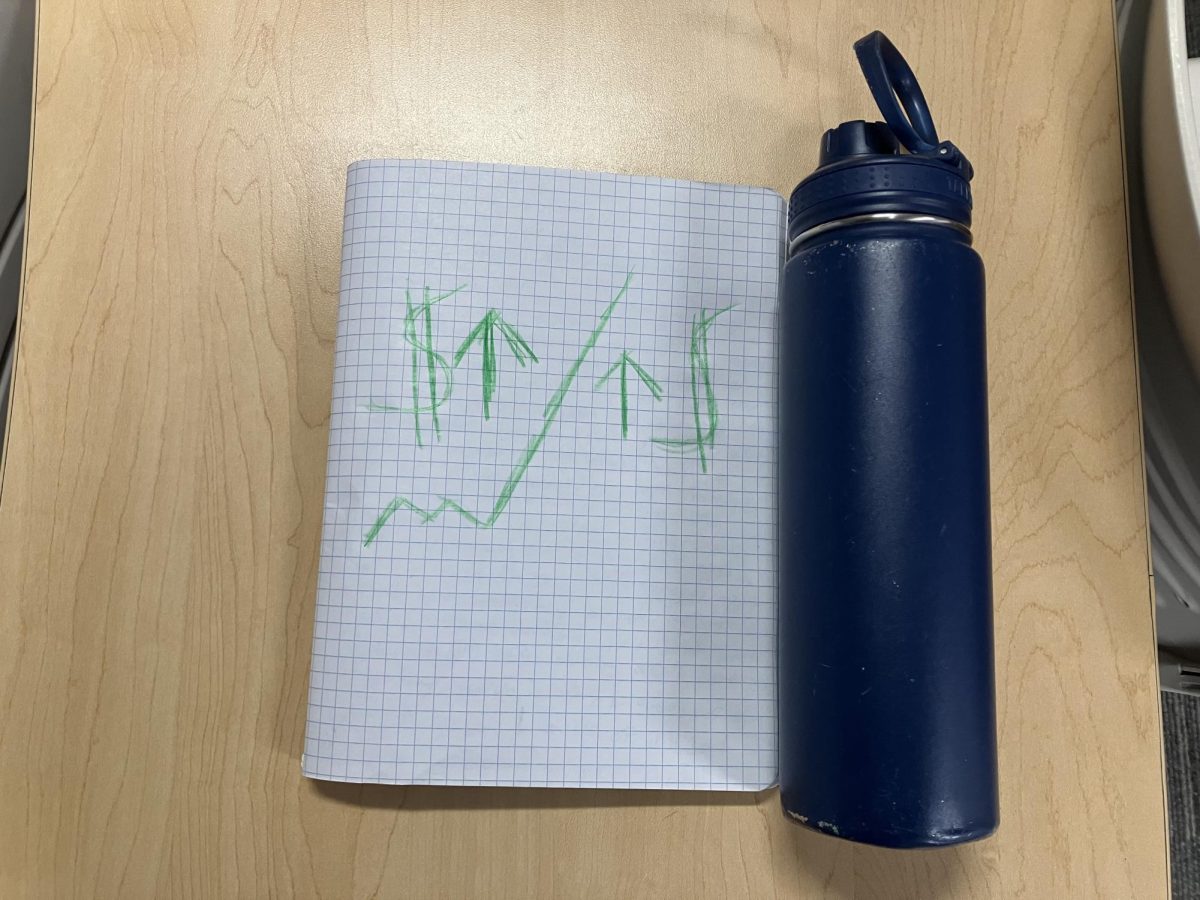

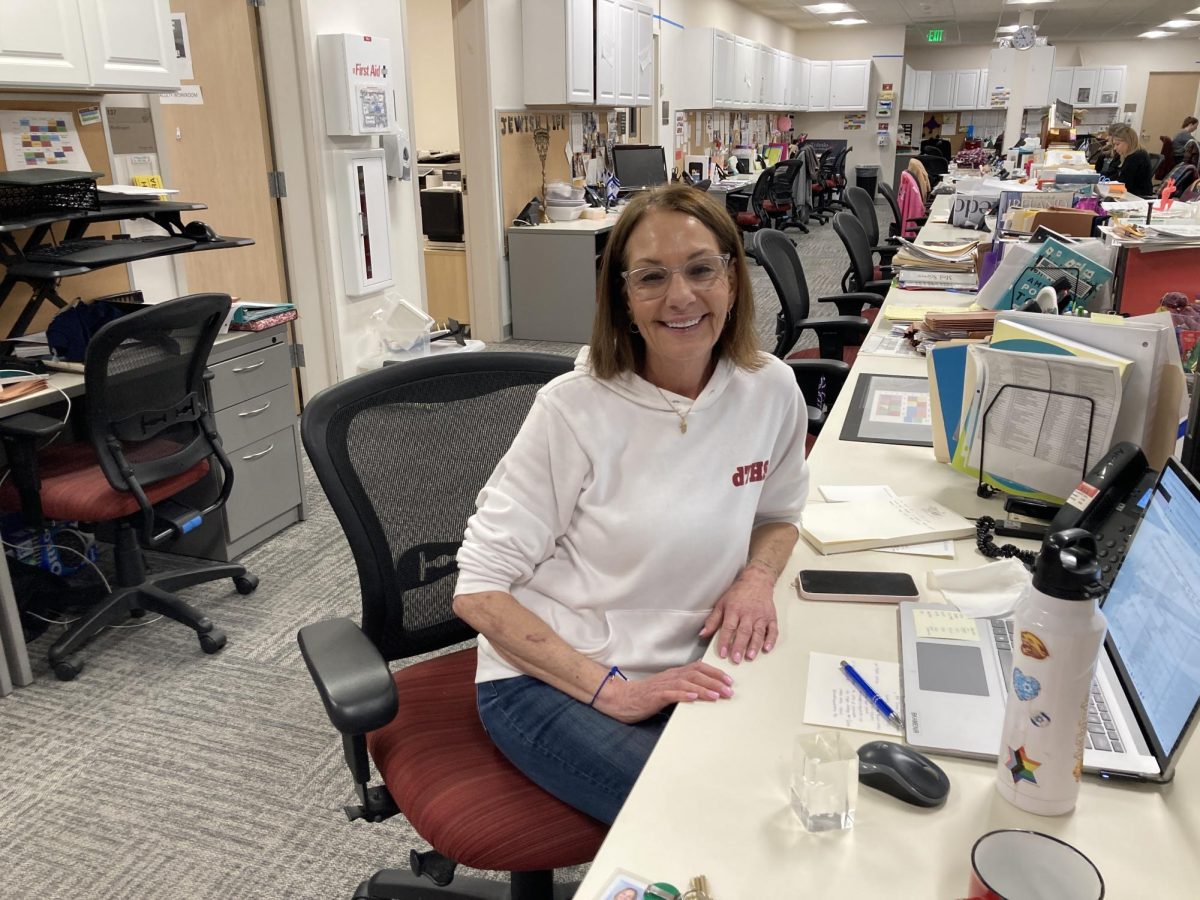

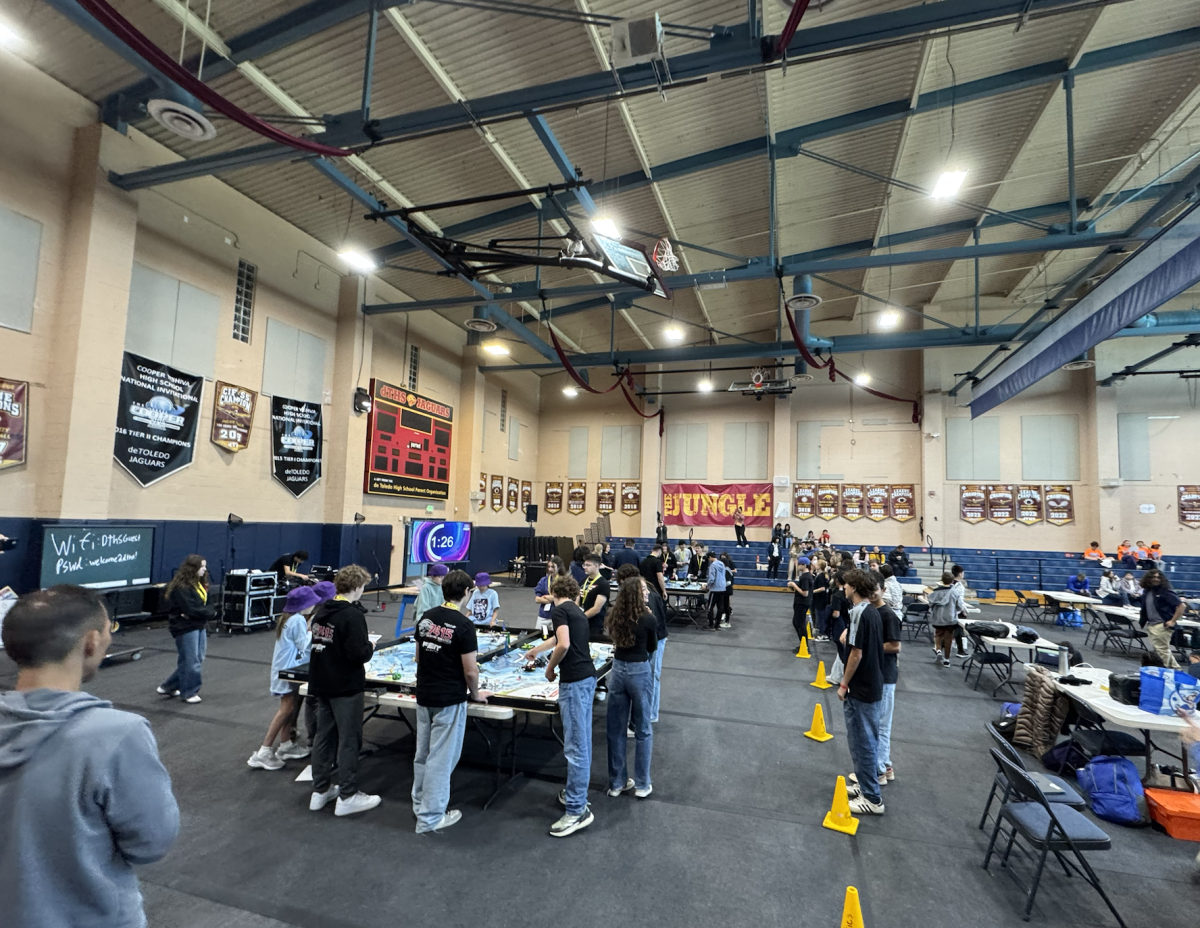
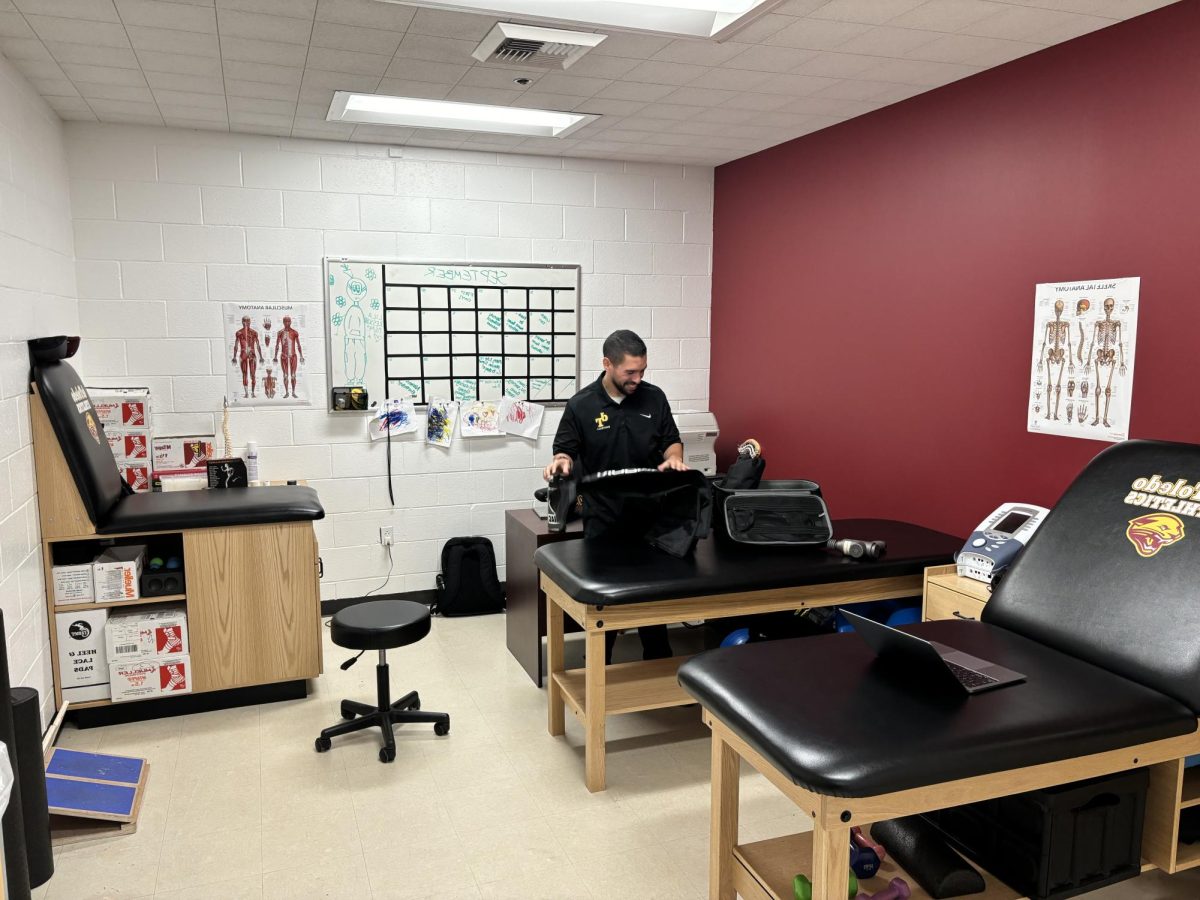
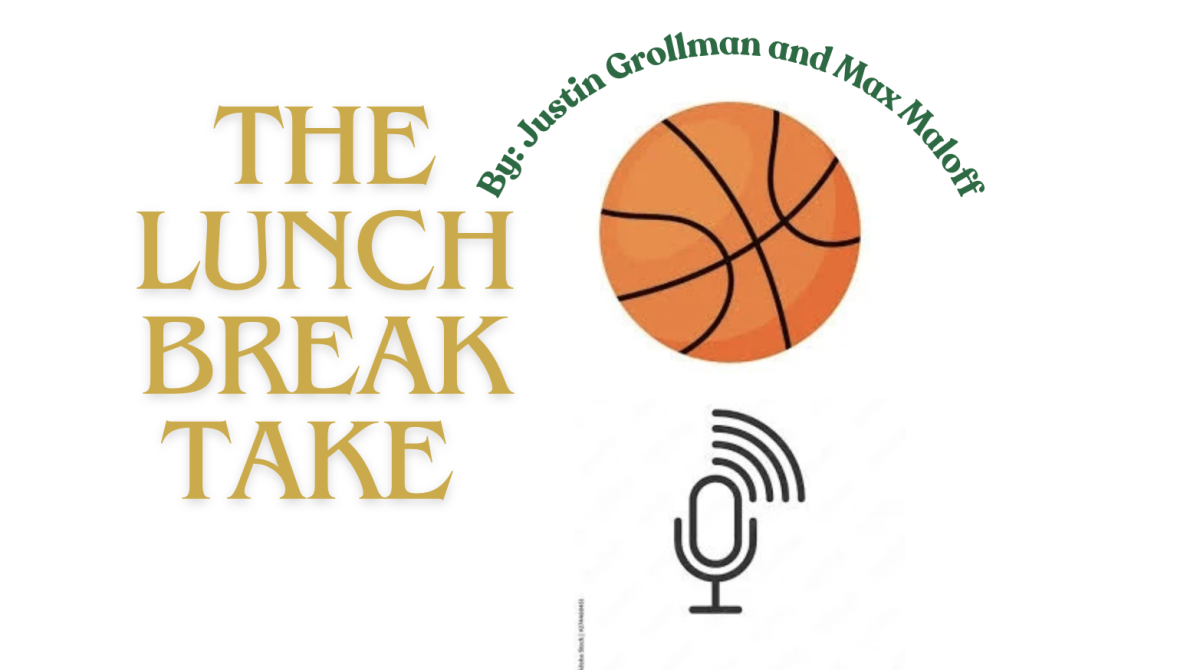


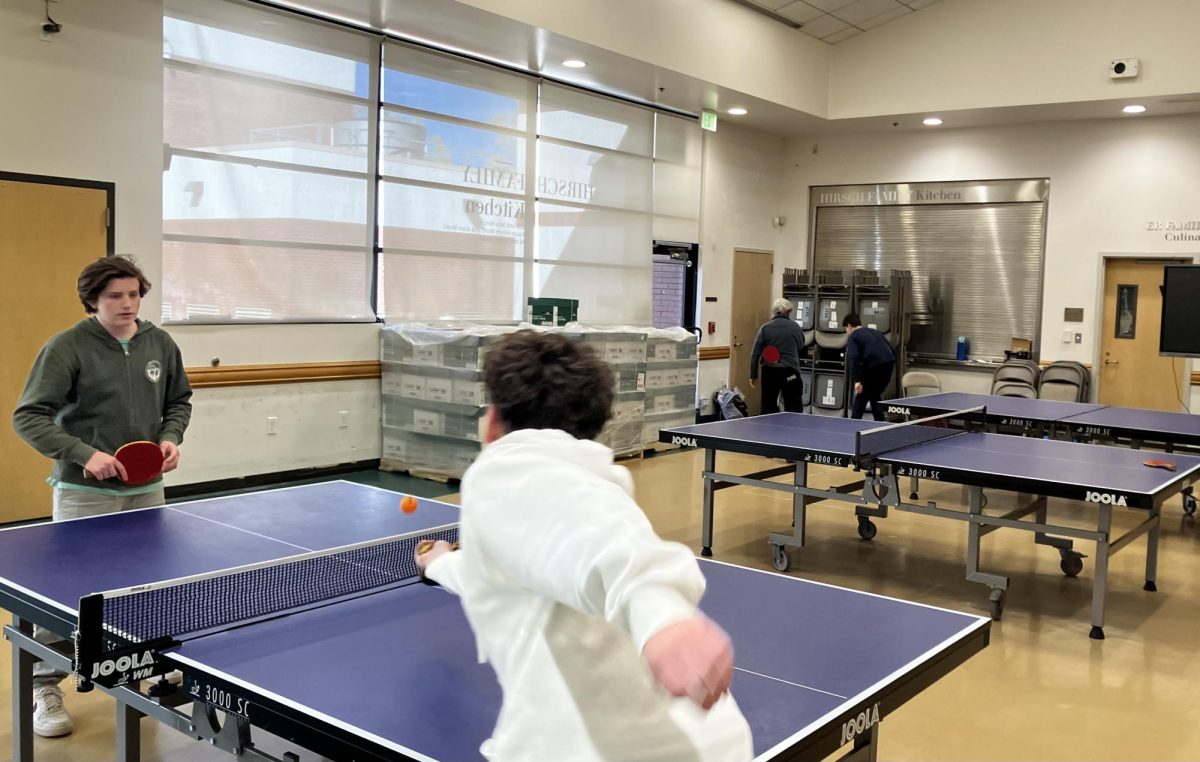
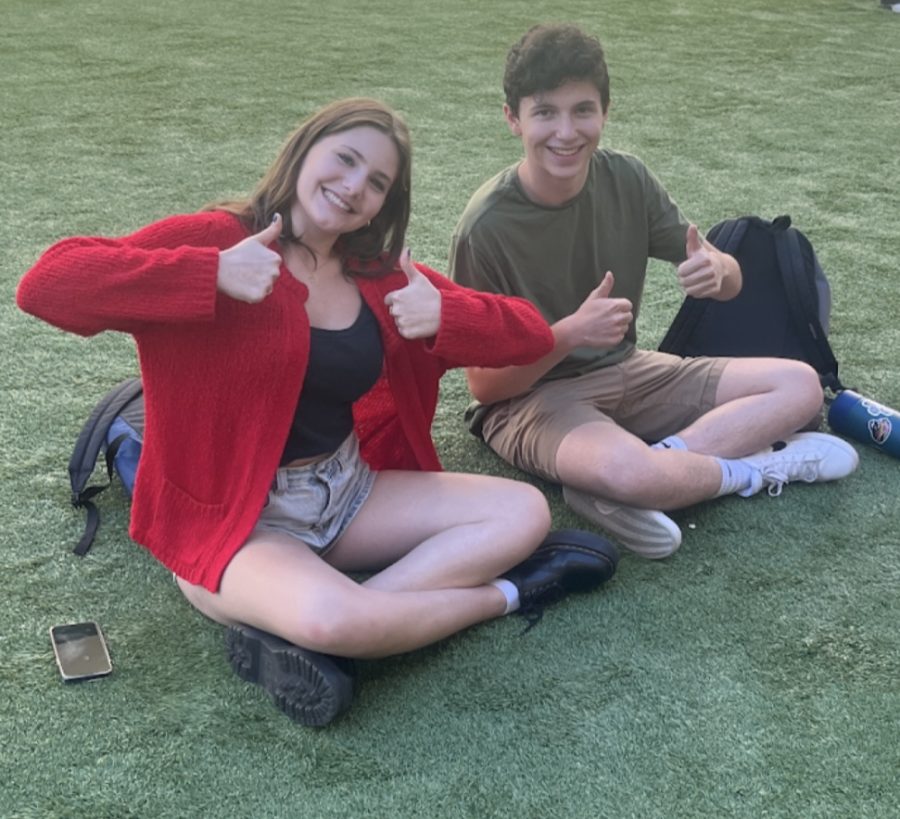
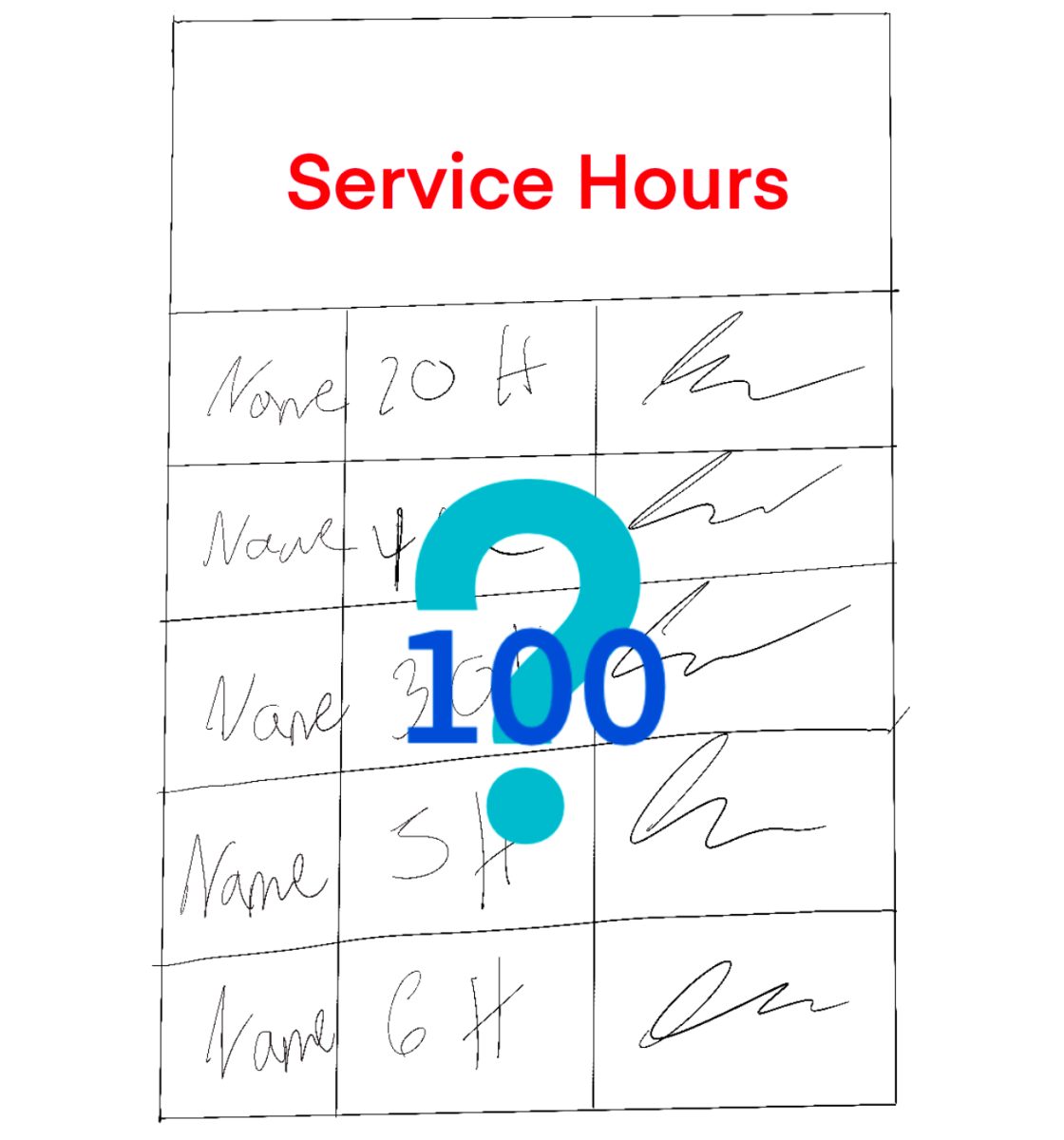
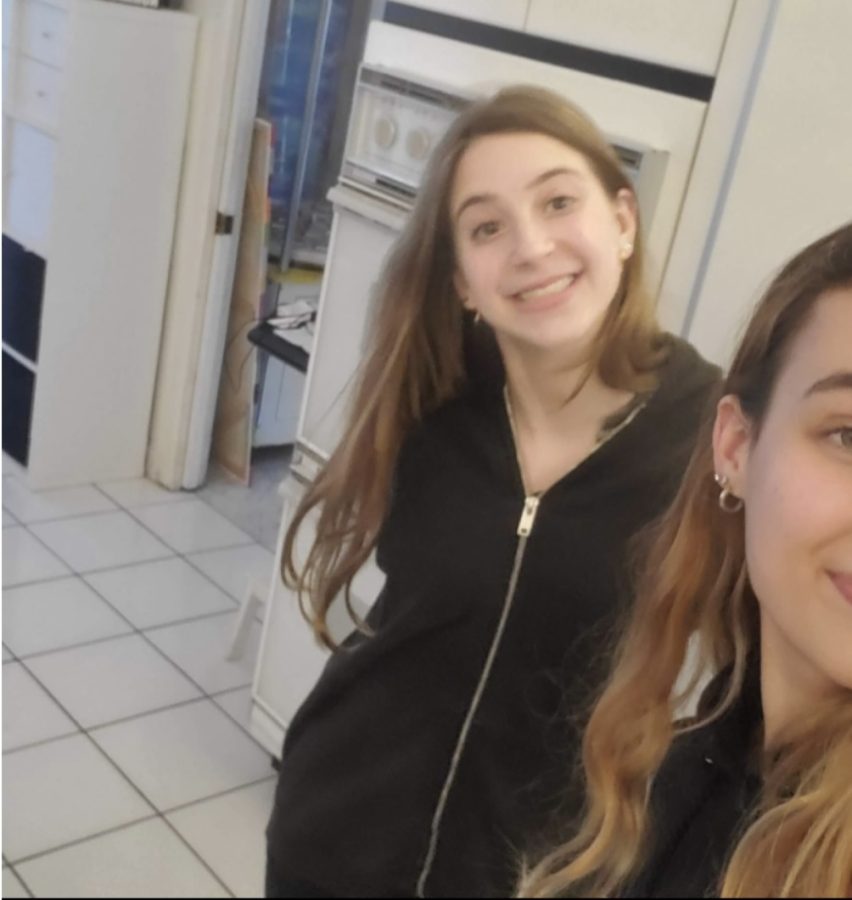








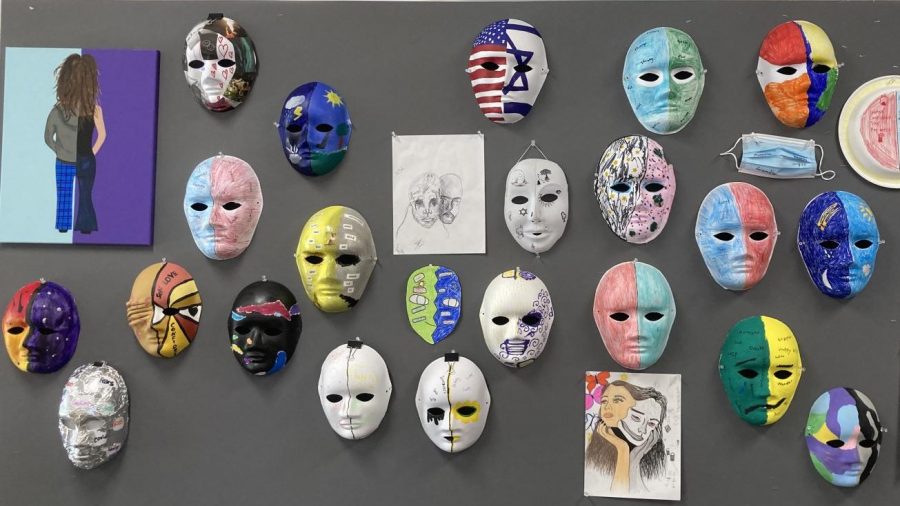
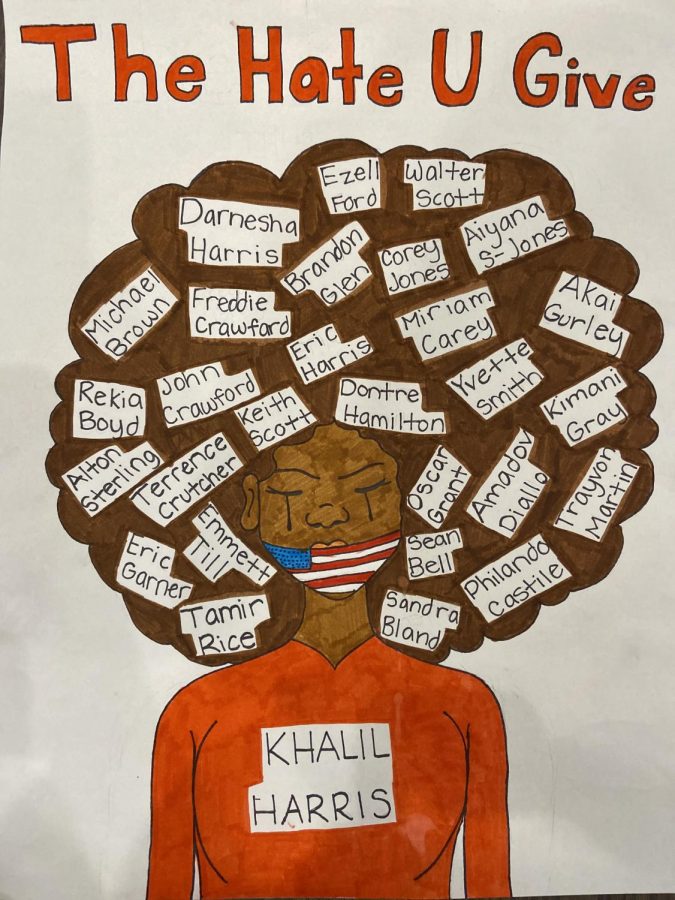
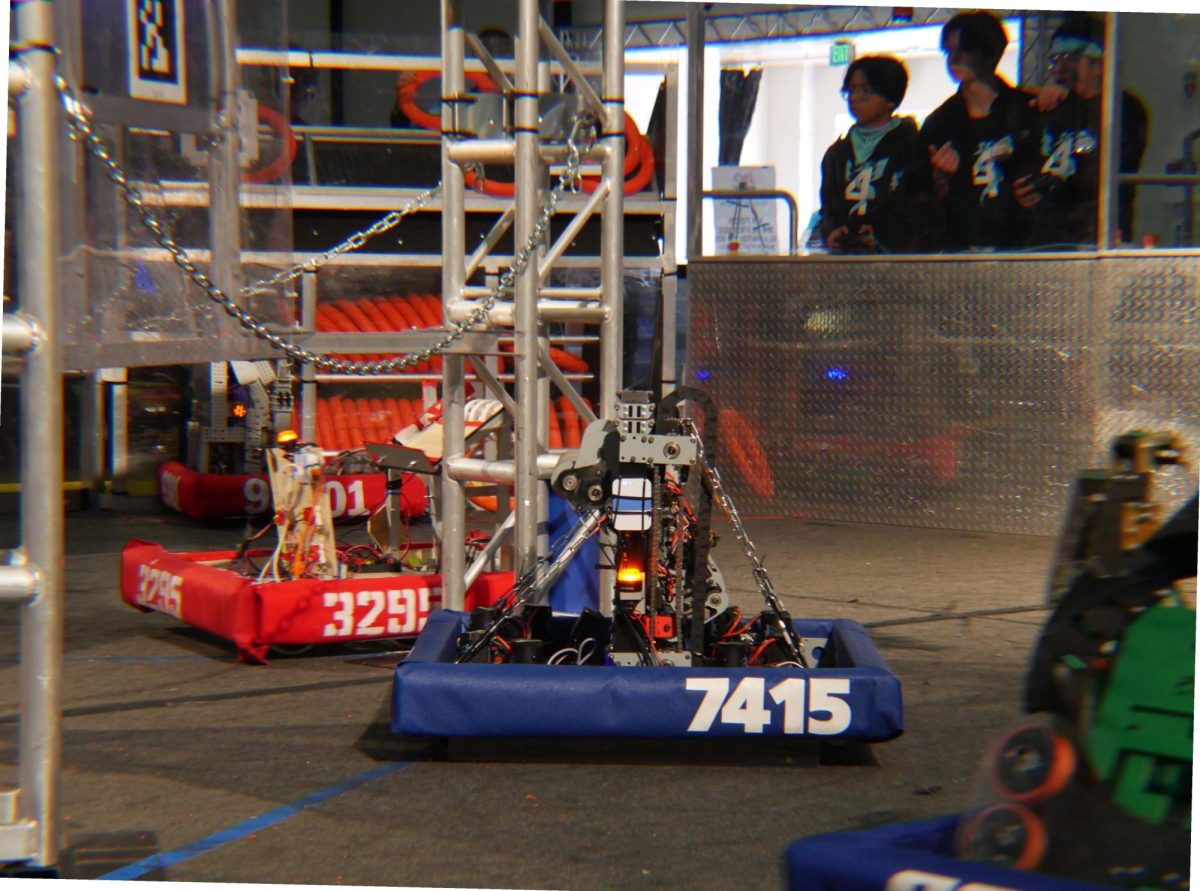

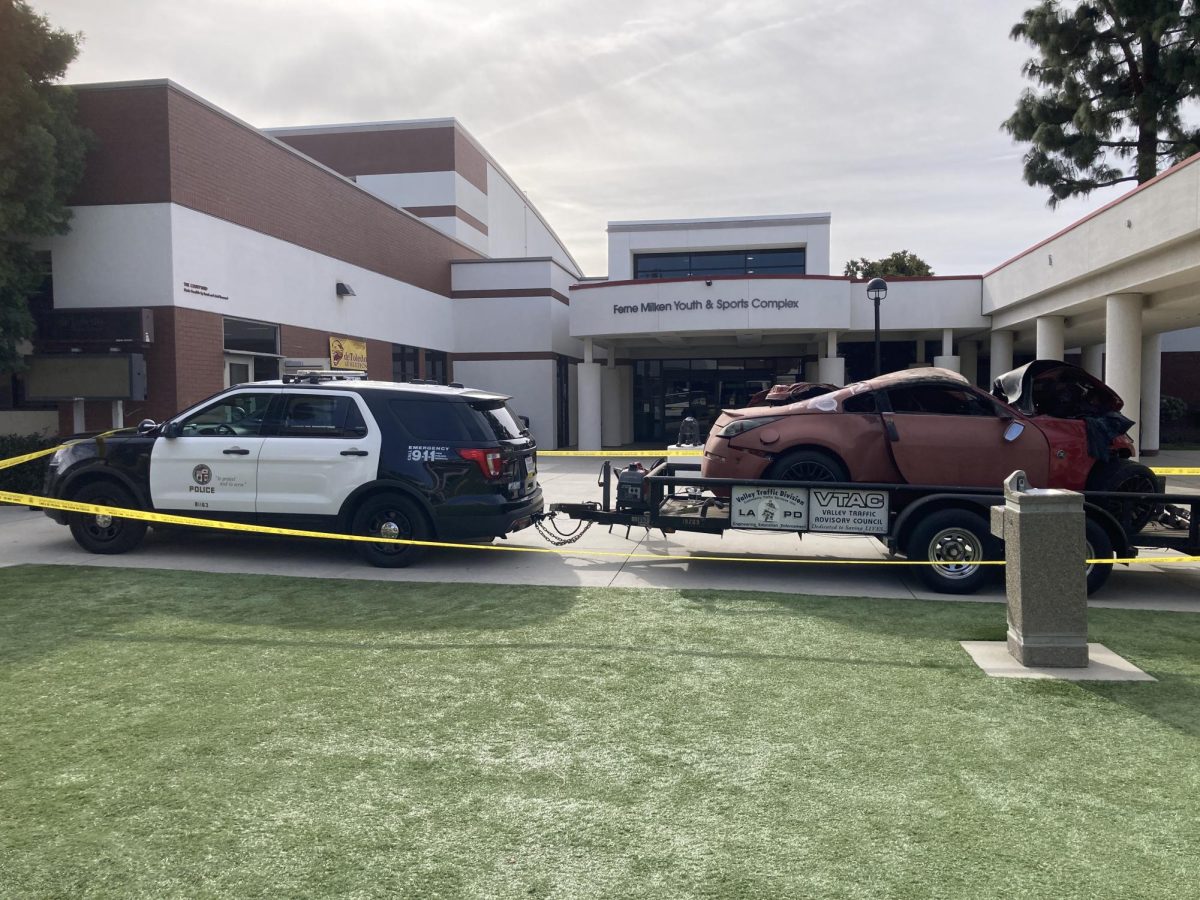
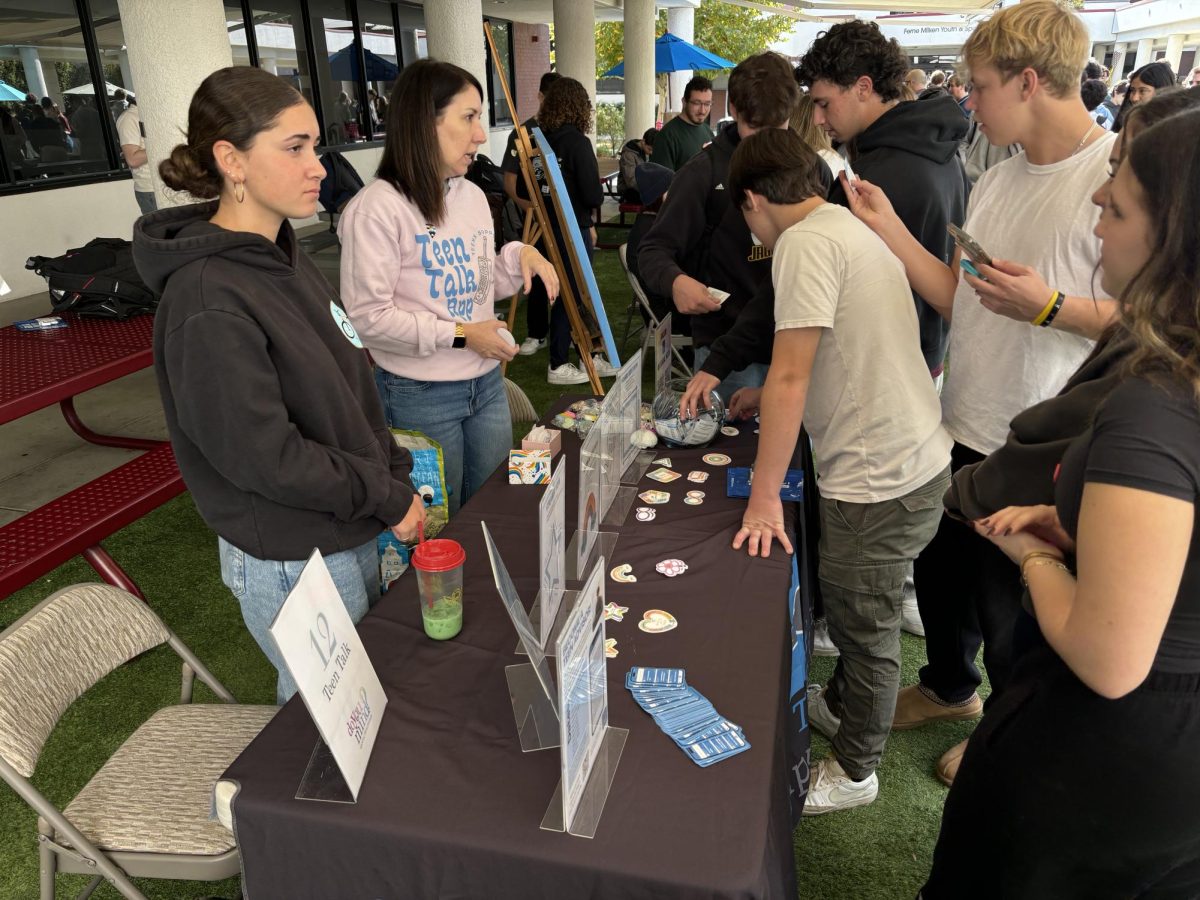
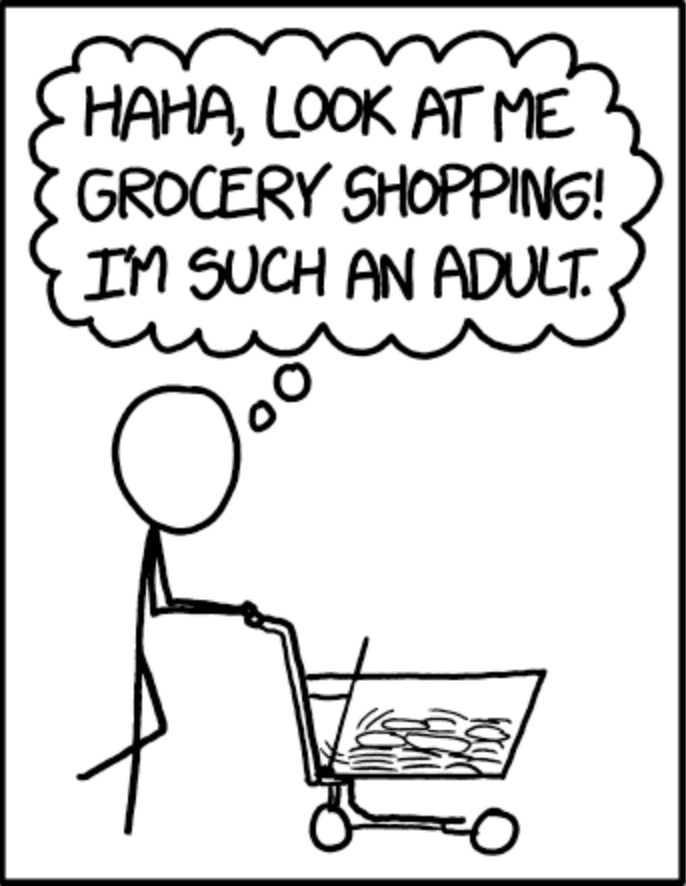

Ms. Bodenstein • Oct 18, 2017 at 9:09 am
This is a very interesting article, Rafi. Thanks for writing. This is one of the reasons that we hold “adulting” seminars during the Capstone portion of senior year. While the school strives to prepare students academically and ethically for the world outside of the dT bubble, there are a number of social issues that students should also be prepared for including: basic financial, sexual and social health.